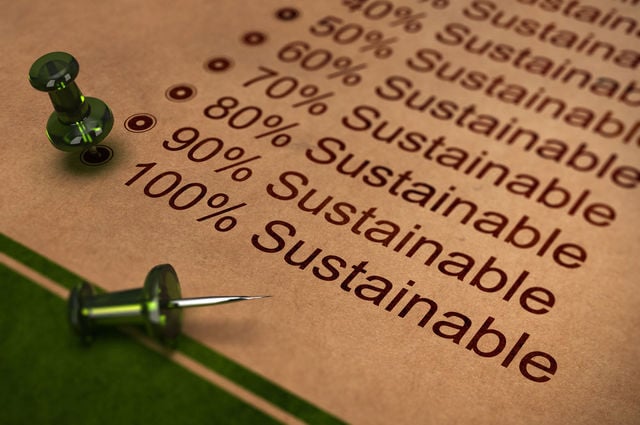How can sustainability be communicated beyond clichés and greenwashing?
31 experts shared their view
Both clichés and greenwashing are amongst the biggest traps to fall into when communicating sustainability. A "let's save the world" claim and tacky towel policy stickers are superficial and unappealing and could be a turn-off to the small group of environmentally and socially-conscious consumers. Green certification and lengthy, detailed corporate sustainability reports may (potentially) be of interest to a small niche group of highly activist consumers, who may not buy into that type of corporate hospitality in any case. However, there is a growing number of informed travelers: Those in search of genuine wellbeing and meaningful experiences at no (or as little as possible) cost to the planet. What works and what doesn't work in communicating sustainability? Any recommendations in regard to communication entering this critical decade?
The last year, together with dr Vanessa de Oliveira Menezes, I have performed a round of interviews with hotel guests in the Netherlands focussing on their preferences about communicating sustainability. Unsurprisingly, their answers diverge greatly on what to communicate, how to do so (for example some guests love a bit of irony while others do not), and through which channel (although most guests seem to think that the room is the best channel).
A red thread in all answers, however, is that hosts should not only tell but also show their commitment to sustainability. For example, if a hotel claims that a donation is made to children's education if a guest chooses not to get the room cleaned, then the hotel should provide proof for its claim. It should for example share with the guest a link to a website where the supported charity is more fully presented, preferably in cooperation with a trusted third party.
In short: telling should go hand in hand with showing.


